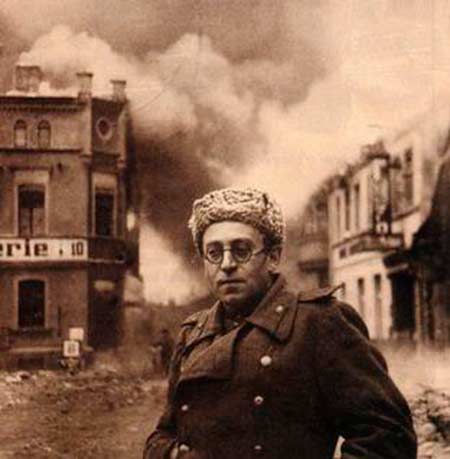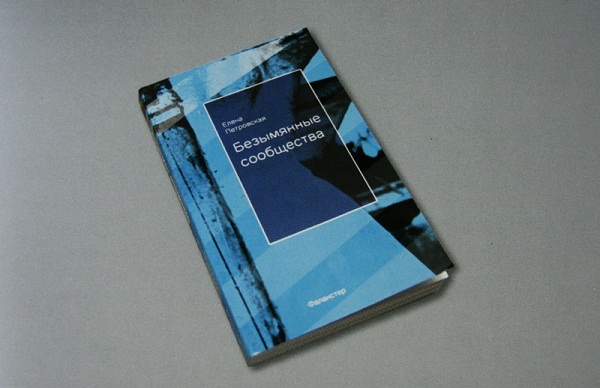connection between
Aristophanes “Clouds”
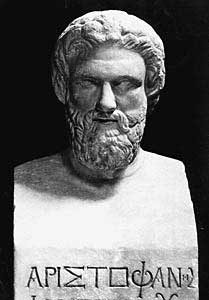 Somewhat different from the usual carnival type of Aristophanes are his comedies, which pose problems of a non-political, but cultural order. Already the first (not come down to us) comedy by Aristophanes “Feasting” (427) was devoted to the question of the old and new upbringing and portrayed the evil effects of learning in the spirit of the new sophistic fashion. To the same topic, Aristophanes returned to the comedy “Clouds” (423), making fun of sophistry. But “Clouds”, which the author considered to be the most serious of the works he wrote so far, did not succeed with the audience and won the third prize. Subsequently, Aristophanes partially reworked his play, and it came to us precisely in this second edition. Continue reading
Somewhat different from the usual carnival type of Aristophanes are his comedies, which pose problems of a non-political, but cultural order. Already the first (not come down to us) comedy by Aristophanes “Feasting” (427) was devoted to the question of the old and new upbringing and portrayed the evil effects of learning in the spirit of the new sophistic fashion. To the same topic, Aristophanes returned to the comedy “Clouds” (423), making fun of sophistry. But “Clouds”, which the author considered to be the most serious of the works he wrote so far, did not succeed with the audience and won the third prize. Subsequently, Aristophanes partially reworked his play, and it came to us precisely in this second edition. Continue reading
Ariosto, “Furious Roland”
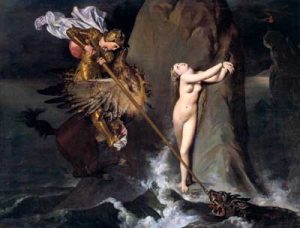 Poem Ludoviko Ariosto “Furious Roland” had more than 80 editions in the XVI century. The elegant and at the same time simple language brought her a quick triumph over the poem Boyardo. The adventures of Furious Roland are no less varied and much better narrated; the fantasy is rich, youthful fresh, courageous; the poem is imbued with a tender feeling that charmed women. Far surpassing Boyardo by the power of poetic creativity, Ludovico Ariosto surpasses her and his successor, Torquato Tasso. Even those scenes full of voluptuousness are depicted in Ariosto with tenderness and modesty. Continue reading
Poem Ludoviko Ariosto “Furious Roland” had more than 80 editions in the XVI century. The elegant and at the same time simple language brought her a quick triumph over the poem Boyardo. The adventures of Furious Roland are no less varied and much better narrated; the fantasy is rich, youthful fresh, courageous; the poem is imbued with a tender feeling that charmed women. Far surpassing Boyardo by the power of poetic creativity, Ludovico Ariosto surpasses her and his successor, Torquato Tasso. Even those scenes full of voluptuousness are depicted in Ariosto with tenderness and modesty. Continue reading
ALEXANDER SOLZHENITSYN. “PETERSBURG” ANDREI BELOGO
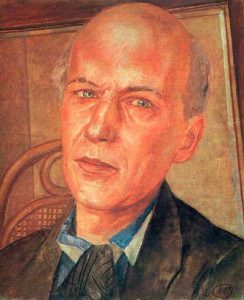 About Andrei Bely himself. He is too shaky and unbalanced to write a balanced work. In his unbridled fantasies themselves – unhealthiness, mental shift. Or rather: his peace of mind – “Almost everyone is sick.” And all his characters are so distorted as if he cannot imagine anything healthy. His own, even decadently cultivated, soreness manifests itself many times in the novel. And bizarrely anecdotally, he expresses himself in Nikolai Apollonovich: he spent a week at home in a black masquerade mask (in reality, there was a tiff with L. D. Blok) and “wanted to appear in a domino of flame color, in a mask, with a dagger in his hand”. So, Dudkin said: “I was not in love with any of the women: I was in love with separate parts of the female body, with toiletries, and stockings.” Bely himself writes: “I went through a disease where Friedrich Nietzsche, the magnificent Schumann and Hölderlin, fell into madness”. Continue reading
About Andrei Bely himself. He is too shaky and unbalanced to write a balanced work. In his unbridled fantasies themselves – unhealthiness, mental shift. Or rather: his peace of mind – “Almost everyone is sick.” And all his characters are so distorted as if he cannot imagine anything healthy. His own, even decadently cultivated, soreness manifests itself many times in the novel. And bizarrely anecdotally, he expresses himself in Nikolai Apollonovich: he spent a week at home in a black masquerade mask (in reality, there was a tiff with L. D. Blok) and “wanted to appear in a domino of flame color, in a mask, with a dagger in his hand”. So, Dudkin said: “I was not in love with any of the women: I was in love with separate parts of the female body, with toiletries, and stockings.” Bely himself writes: “I went through a disease where Friedrich Nietzsche, the magnificent Schumann and Hölderlin, fell into madness”. Continue reading
